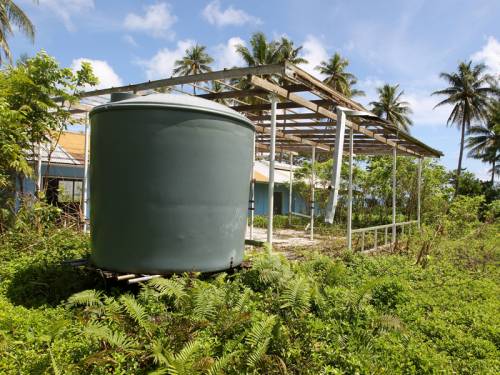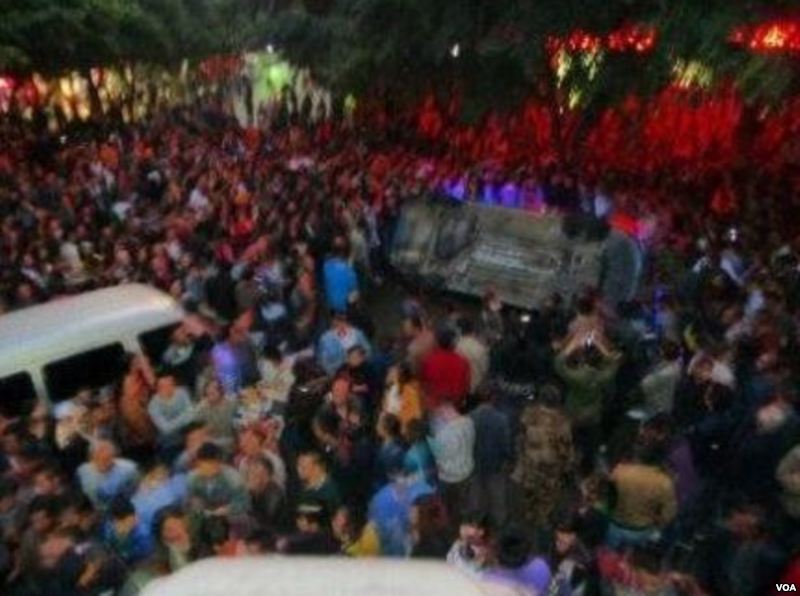By Heba Girgis
Impunity Watch Reporter, Africa
BAMAKO, Mali—France has began a mission with African nations to flush out Islamist militant groups linked to al-Qaeda in the northern region of Mali. Recently there has been mounting alarm over threats from these insurgents to both regional and western national security.

These insurgents have ruled a large area of northern Mali since March of this year. This has divided the country in two. Francois Hollande, the President of France, gave a speech in Senegal and discussed “a reign of terror” in Mali, with “hands cut off, women raped and an area awash with weapons.” During Hollande’s trip to Africa, he began to rally regional leaders on the cause to work with Mali to change the state of affairs in the country.
The French plan is to create a force made up of troops from Mali and other countries in the Economic Community of West African States. While several countries are willing to cooperate, many of them do not have the capacity to mount an offensive operation without logistical and intelligence support. The French are willing to contribute but have decided not to send out ground troops and America is reluctant to get involved.
Late last week, the United Nations Security Council passed a resolution giving the West African states 45 days to create a plan to take back Mali’s northern region. This resolution has taken on a sense of urgency after these insurgents were linked to last month’s attack on the United States consulate sites in Libya that killed the United States ambassador there and three other American citizens.
West African nations have tentatively offered to send 3,300 personnel to aid Mali in its fight. The bulk of the personnel would come from Nigeria. Non-combat personnel will also be sent into Mali including police officers, engineers and doctors. Guinea-Bissau has offered to send its own personnel as well even though its army is currently occupied governing the country.
The Ivory Coast is another big backer of military support, along with Nigeria even though the Ivory Coast is hosting United Nations peacekeeping missions after its own civil conflicts.
To further complicate the situation, these insurgents are holding six French hostages—two were kidnapped in Mali last year. Dominique de Villepin, the former prime minister, warned that France should be cautious in this mission, saying that he feared that the country could get caught in a “trap.”
For further information, please see:
The Economist – An African Journey – 19 October 2012
FT World – Africa Force to Take on Mali Militants – 18 October 2012
The Telegraph – African Force Set for Northern Mali – 18 October 2012
The Wall Street Journal – Plan to Combat Mali’s Militants – 17 October 2012



